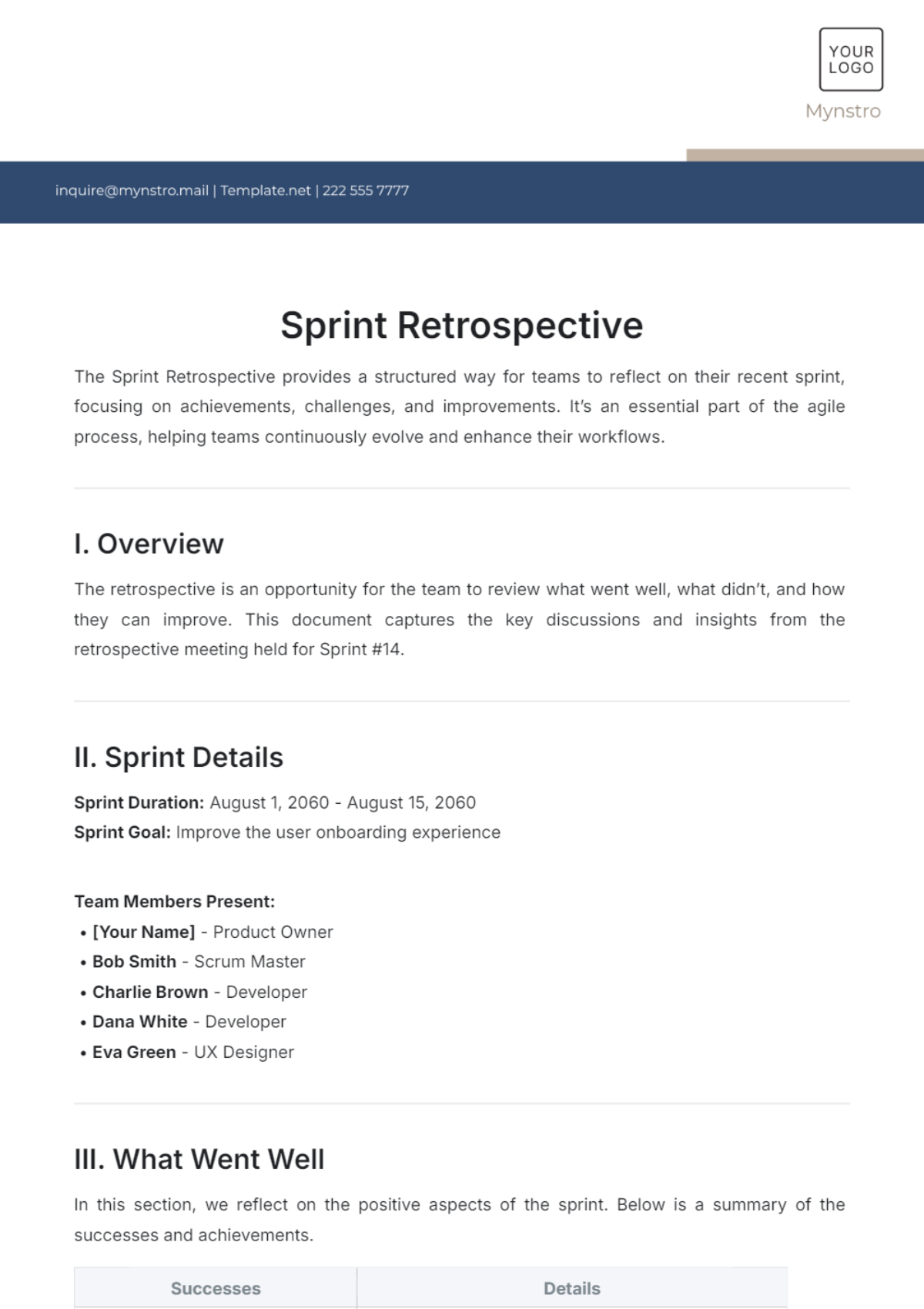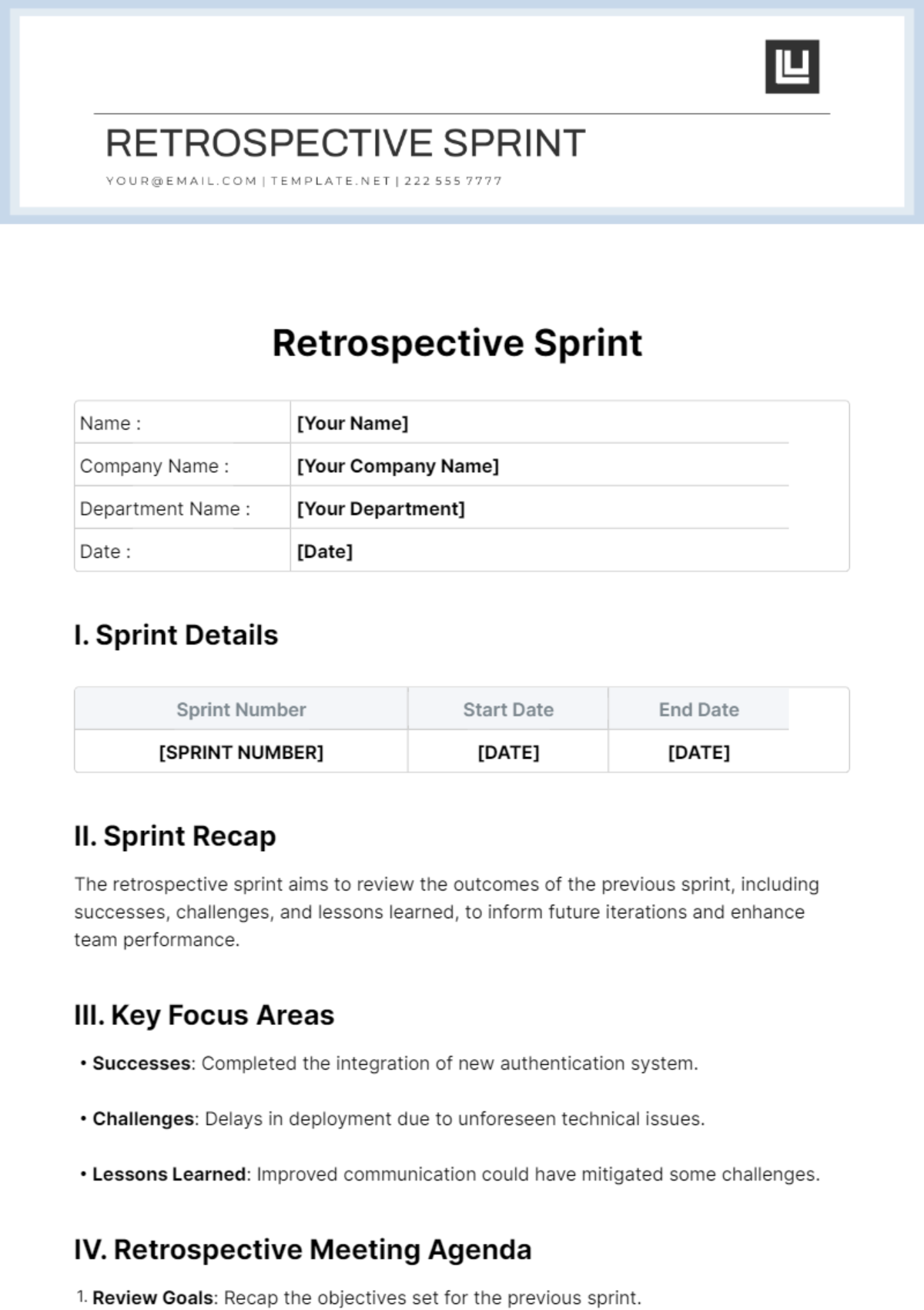Retrospective Study Protocol
Name: | [Your Name] |
|---|---|
Company: | [Your Company Name] |
Department: | [Your Department] |
Date: | [Date] |
1. Introduction
The purpose of this retrospective study protocol is to provide a structured framework for the conduct of a retrospective study aimed at investigating the prevalence of cardiovascular risk factors among college students. The study will involve the analysis of previously collected data to elucidate relationships between variables and ascertain relevant outcomes. This protocol outlines the methodology, data sources, analysis plan, and ethical considerations to be adhered to throughout the study.
2. Objectives
The primary objective of the retrospective study is to determine the prevalence of cardiovascular risk factors, including hypertension, obesity, and smoking, among college students aged 18-25 years. Secondary objectives include identifying demographic factors associated with cardiovascular risk and assessing trends over five years.
3. Study Design
The study will adopt a retrospective cohort design. Data will be collected from electronic health records (EHRs) of students who visited the university health center for routine check-ups between January 1, 2050, and December 31, 2054.
4. Inclusion and Exclusion Criteria
Inclusion criteria:
College students aged 18-25 years
Visited the university health center for routine check-ups between January 1, 2050, and December 31, 2054
Exclusion criteria:
Students with incomplete health records
Students diagnosed with cardiovascular disease before the study period
5. Data Collection
Data will be collected from electronic health records (EHRs) of eligible students. Variables of interest include age, gender, body mass index (BMI), blood pressure readings, smoking status, and lipid profile. Data will be extracted using standardized forms developed for this study.
6. Statistical Analysis Plan
Descriptive statistics will be used to summarize the characteristics of the study population. Inferential statistics, such as chi-square tests and logistic regression analysis, will be employed to analyze the relationships between cardiovascular risk factors and demographic variables. Statistical significance will be set at a p-value of <0.05.
7. Ethical Considerations
This study will be conducted by the principles outlined in the Declaration of Helsinki. Ethics approval will be sought from the Institutional Review Board (IRB) before data collection. Confidentiality of data will be maintained throughout the study, with identifiers removed or anonymized to protect the privacy of participants.
8. Limitations
Limitations of the study include potential biases inherent in retrospective study designs, reliance on EHR data accuracy, and generalizability to other college populations.
9. Timeline
The study is expected to commence on March 1, 2055, and conclude by September 30, 2055. Data collection, analysis, and reporting phases will be conducted according to the outlined timeline.
10. Conclusion
In conclusion, this retrospective study protocol provides a detailed plan for investigating the prevalence of cardiovascular risk factors among college students. By employing a retrospective cohort design and utilizing electronic health records, we aim to elucidate relationships between variables such as hypertension, obesity, smoking, and demographic factors. Through rigorous statistical analysis and adherence to ethical guidelines, we endeavor to generate findings that contribute to our understanding of cardiovascular health in young adults. We hope that the results of this study will inform interventions and policies aimed at promoting cardiovascular wellness among college populations. With meticulous execution of the outlined protocol, we anticipate producing valuable insights that benefit both academic research and public health initiatives.


